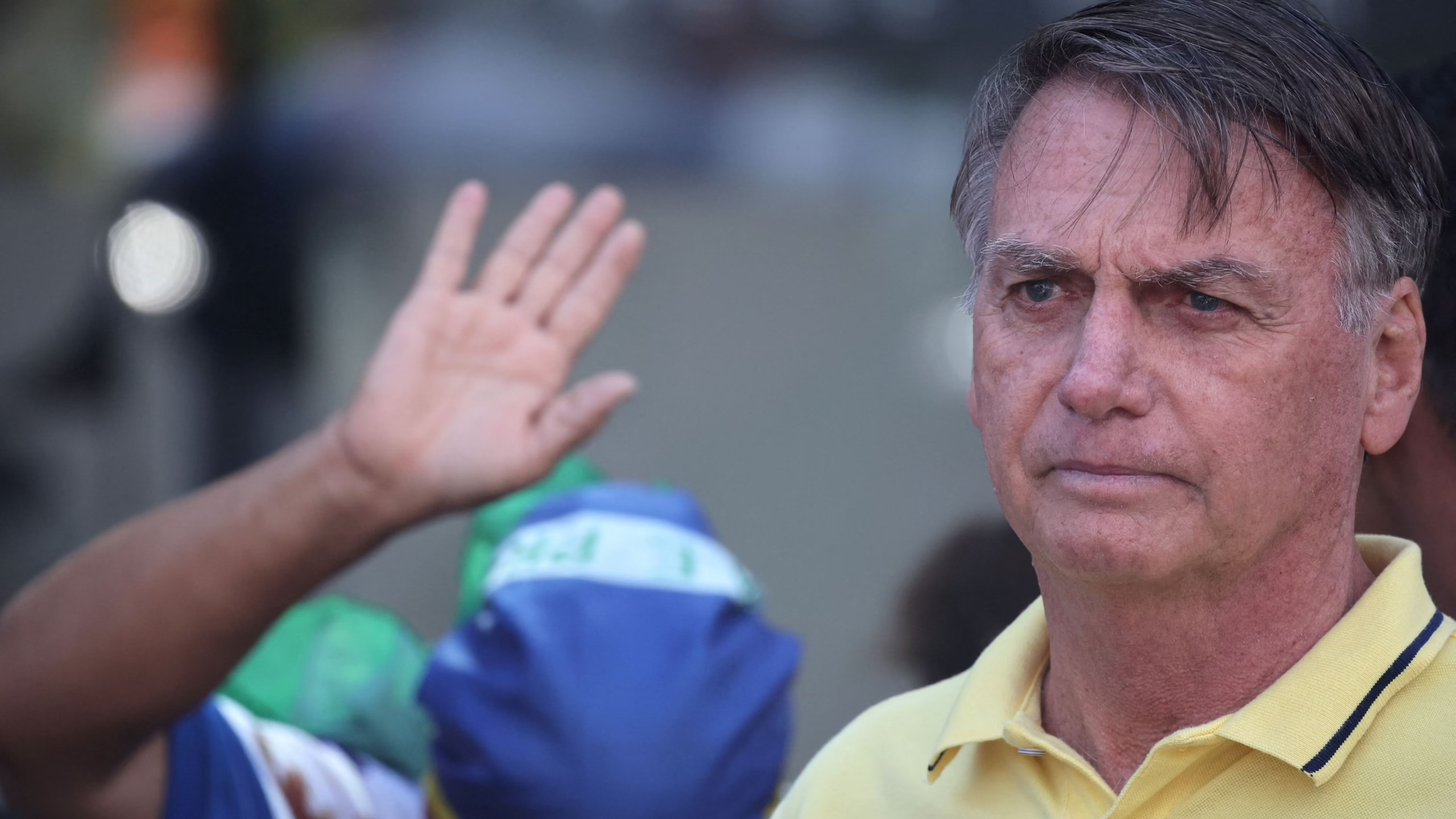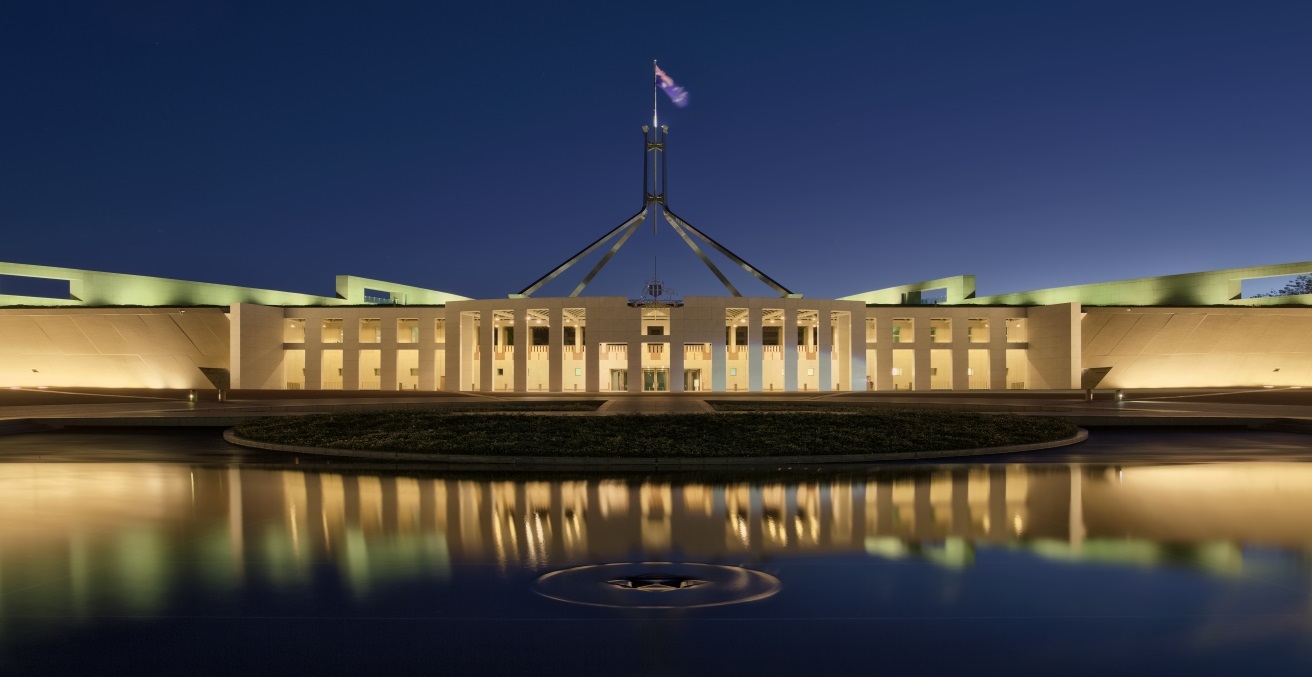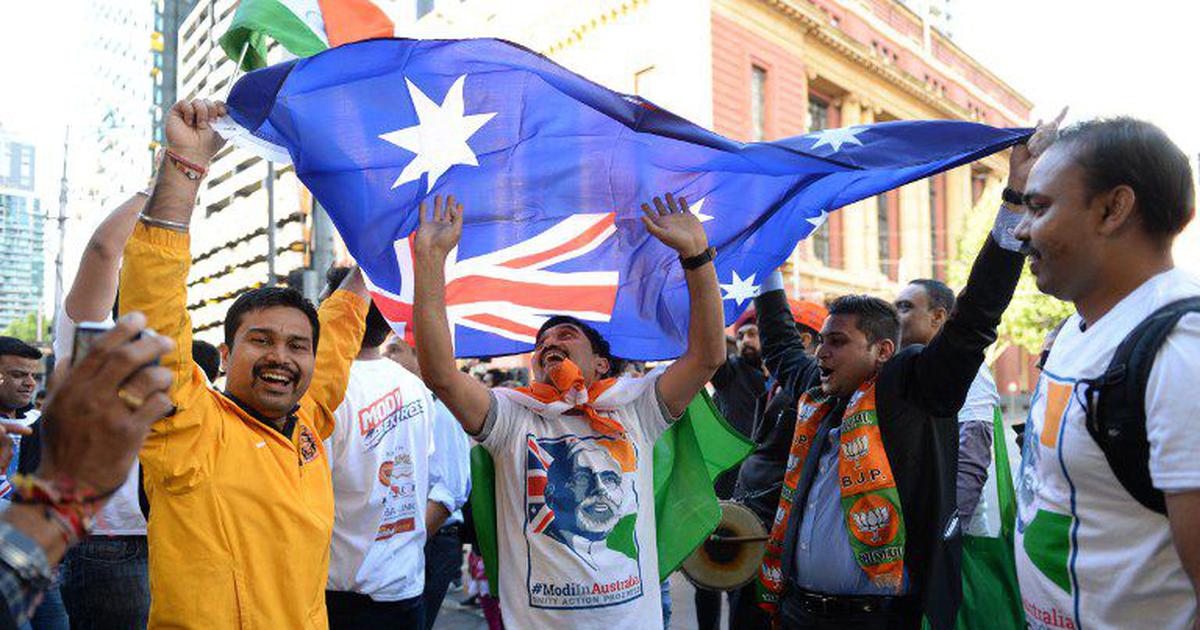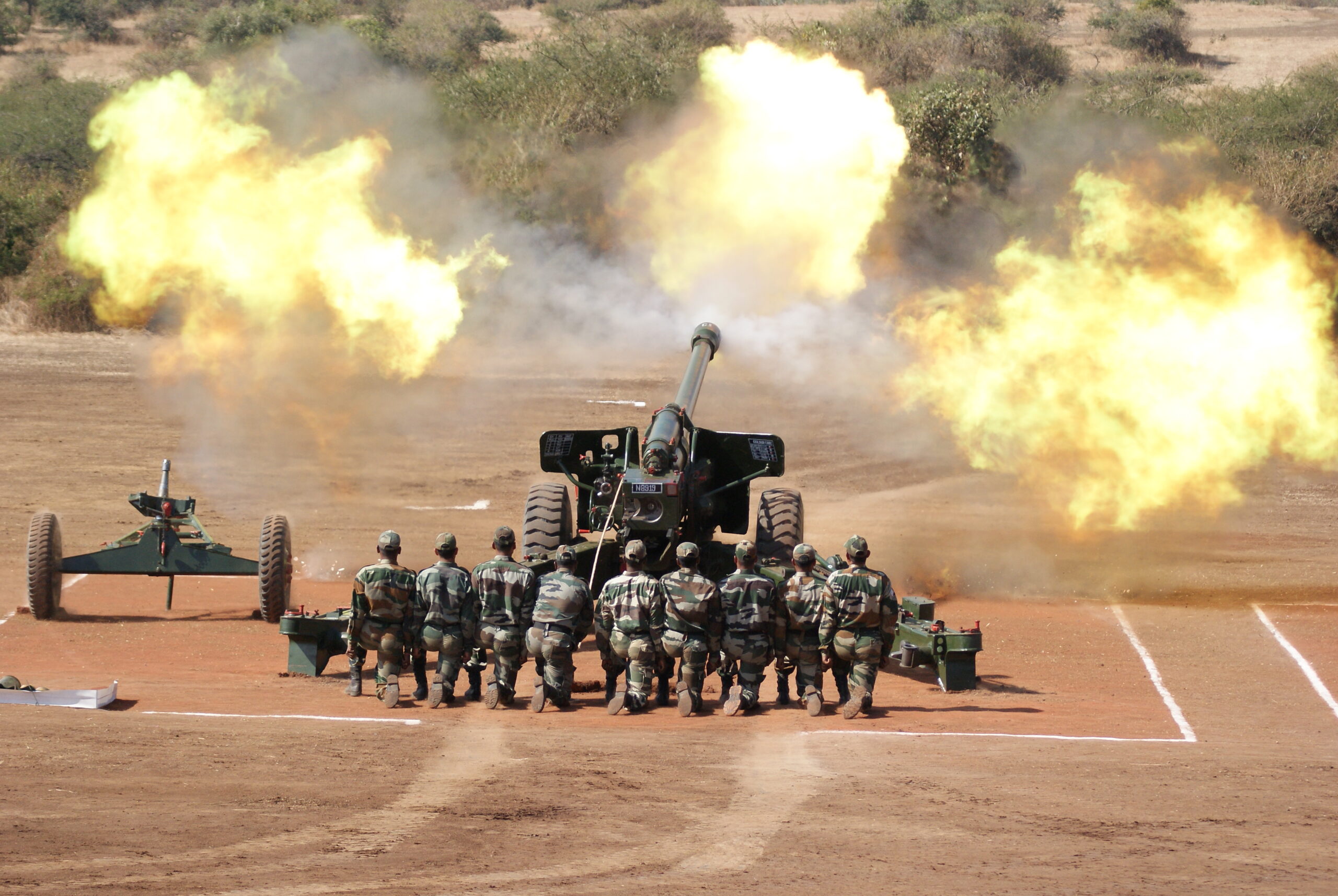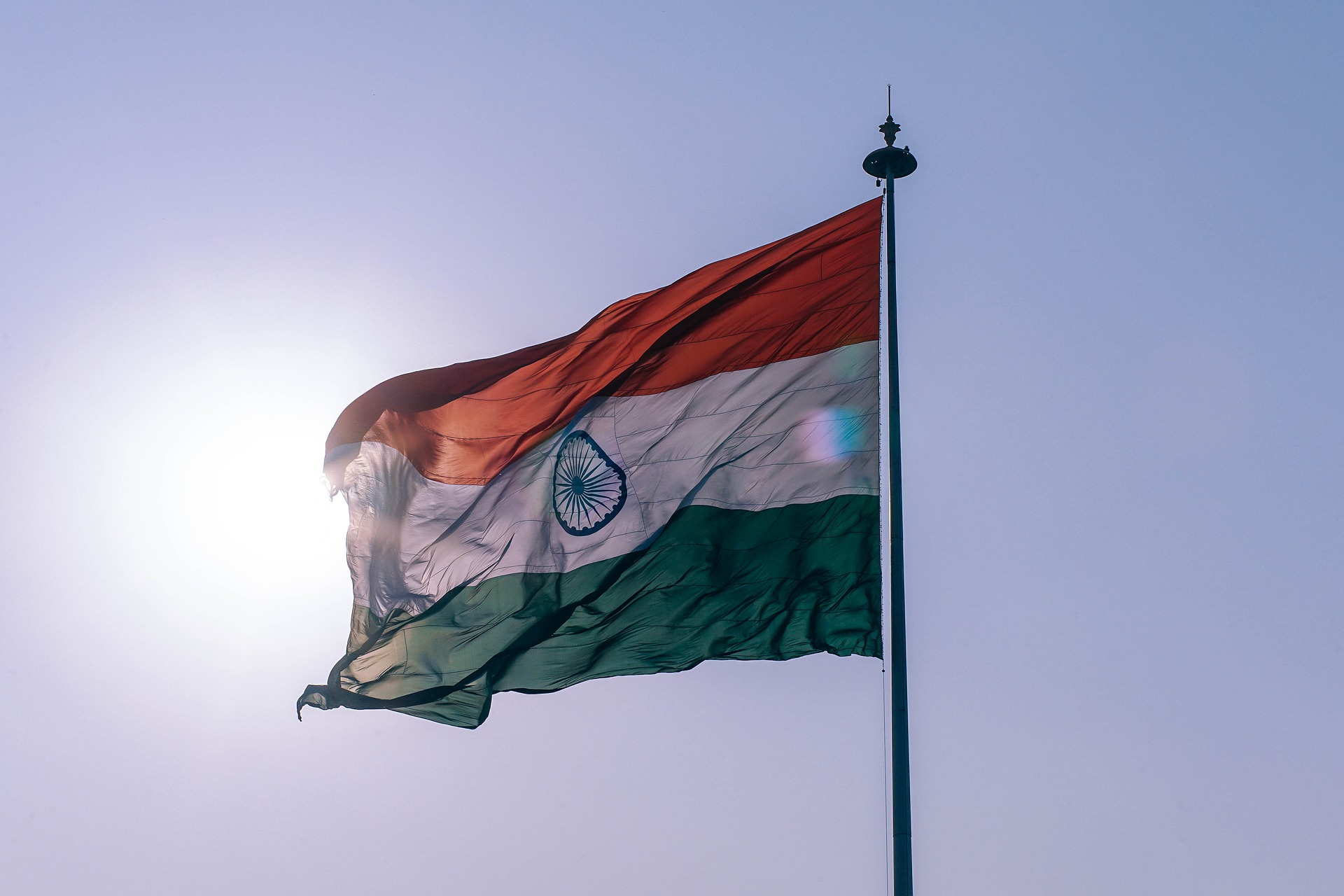Former Brazilian president Jair Bolsonaro has been sentenced to over 27 years in jail for an attempted coup d’état. His trial also implicated generals and a former minister of defence, unprecedented in Brazilian politics.
Last week, Brazil’s former president Jair Bolsonaro, together with seven high-profile political figures, including generals, senators, and former ministers for Defence, were found guilty of charges related to the 8th of January 2023 riots in Brasília. It is the first time in Brazil’s political history that former members of the military are held accountable for acts against the state. The charges include: the formation of a criminal organisation; violent attempt to extinguish the democratic state; attempted coup d’état.; damage to federal heritage; destruction of listed heritage. The spreading of misinformation and the dissemination of the “big lie,” inciting Bolsonaro supporters against the electoral system, culminated in the capital riots. The events in Brasília followed Trump’s playbook, mirroring the US Capitol attacks. Brazil’s far-right plot to disrupt a smooth transition to the new administration included an assassination plan of president elect Luis Inácio Lula da Silva, vice-president elect Geraldo Alckmin, and High Court Judge Alexandre de Moraes. But why could Trump get away with similar actions, run again for the presidency and have a second term in office? What can other democracies globally learn from Brazil’s Bolsonaro trials and what should we expect from Trump, and far-right political actors in Brazil?
Why was Bolsonaro found guilty?
High Court Judge Alexandre de Moraes, who presides over the trial, supported by Brazil’s High Court Judges, Flavio Dino, Carmen Lucia, Cristiano Zanin, in a majority vote, condemned Bolsonaro, Alexandre Ramagem, Almir Garnier, Anderson Torres, Augusto Heleno, Paulo Sergio Nogueira, Walter Braga Netto, and Mauro Cid. High Court Judge Luiz Fux, in a dissenting vote, found Walter Braga Netto and Mauro Cid guilty, absolving Bolsonaro.
Drawing from video and documentary evidence, Brazil’s High Court judges established the causality between presidential attempts to disrupt Brazil’s democracy occurring since 2021 and subsequent acts leading to the capital riots in Brasília. Former president Bolsonaro, who was being investigated on the use of “fake news,” declared during Brazil’s Independence Day celebrations in 2021, his refusal to obey decisions from High Court Alexandre de Moraes. Such acts intensified towards the end of the Bolsonaro administration. After losing his re-election bid, Bolsonaro supporters camped in front of military headquarters calling for a military coup. In a majority vote, High Court Judges understood the causality between these acts and documental evidence found after the Brasilia riots, which included a dossier with an assassination plot. In a plea bargain, Mauro Cid provided evidence of a coordinated plan to frustrate the elections and start acts of vandalism. These together with the assassination of the president elect Lula, and the vice-president, would trigger a stage of siege, keeping Bolsonaro in power.
The vote of Judge Fux, however, did not develop this legal reasoning. Previously, in the sentencing of “frontline soldiers,” the High Court judge understood the causality between Bolsonaro’s anti-democratic acts leading to the Brasília riots. Thus, his justification was surprising. His vote, which took several hours, raised concerns about the High Court’s jurisdiction to judge a former president and addressed anti-democratic acts individually, disregarding their interconnection, absolving Bolsonaro. Due to compelling documental and witness evidence, Judge Fux condemned Mauro Cid and Walter Braga Neto, both subordinated to Bolsonaro.
US pressure and Amnesty Laws
Brazil is increasingly under US pressure, with Trump’s attempts to interfere in Bolsonaro’s trial. Trump imposed over 50 percent tariffs on Brazil’s goods and invoked Magnitsky sanctions against Judge Moraes, demanding the release of Bolsonaro. Trump continues to threaten Brazil, with the possibility of additional tariffs and expanding Magnitsky sanctions to other High Court Judges who condemned Bolsonaro. Trump sees the Brazilian case as paradigmatic to consolidate his “big lie” narrative and disparage his own attempts to create chaos, undermining the US democratic order. Although Trump was not arrested and could still be elected for another term in office, his strategy is to discredit any critics. Trump now compares the “political witch hunt” he endured in the US with the treatment Bolsonaro is receiving by Brazil’s High Court. Worryingly, the White House spokesperson Karoline Leavitt declared that Trump is willing to use “economic and military might” to defend “free speech,” threatening Brazil with additional economic sanctions and even a possible military intervention.
Notwithstanding, Brazil’s Congress, with a Bolsonarista majority, is pushing for Amnesty Laws in the Senate. Amnesty Laws are not new in Brazil: during the country’s re-democratisation process, it was a condition imposed by the military to hand over the government back to civil society. Army General Braga Netto, one of the master minds of the coup plot, was himself a beneficiary of the 1979 Amnesty Laws. Although 54 percent of Brazilians reject amnesty for Bolsonaro and those implicated in anti-democratic events and an attempted coup, the Congress, increasingly under US pressure, is pushing for Amnesty. There are two projects under discussion: Amnesty “Light,” reducing penalties for those implicated in the Brasilia riots and keeping Bolsonaro without the right to run for the 2026 presidential race; or Full Amnesty, removing all penalties and allowing Bolsonaro to run for another term in office.
Beyond doubt, the conviction of Bolsonaro represents a victory of Brazil’s democracy and instances of resistance towards the use of fake news and anti-democratic behaviour. The condemnation of Bolsonaro demonstrates institutional resistance towards anti-democratic attempts during his administration and in the aftermath of the Brasilia attacks. Brazil’s re-democratisation trajectory led to a constitution that strengthens the role of the Judiciary to safeguard the institutional order, inspiring democracies globally.
The push for Amnesty Laws, increasing US pressure through high tariffs and prospects of a military offensive, threats to extend Magnitsky sanctions to other High Court Judges and the dissenting vote of High Court Fux giving ammunition to the US claims of abuses of Brazil’s High Court against Bolsonaro, and fears the US might not recognise Brazil’s 2026 elections, are matters of increasing concern. With the possibility of an appeal to the decision, and even an international court appeal to the Inter-American Court of Human Rights, it will take time to access who are the long-term winners and losers in Brazil’s democracy.
This article is published under a Creative Commons Licence and may be republished with attribution.
Dr. Flavia Bellieni Zimmermann is a Lecturer in Public Policy in the school of Social and Political Sciences at the University of Melbourne and an international political analyst. She is also an Adjunct Research Fellow in the School of Social Sciences at the University of Western Australia and a Commissioning Editor for Australian Outlook.
